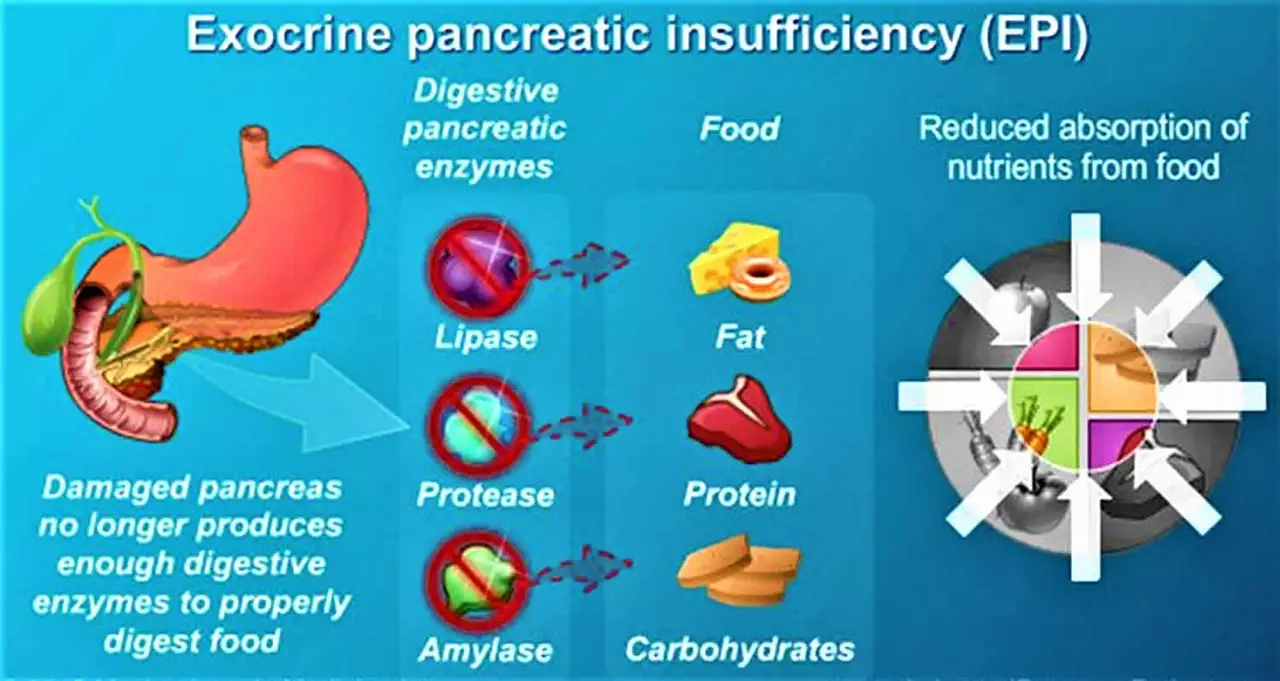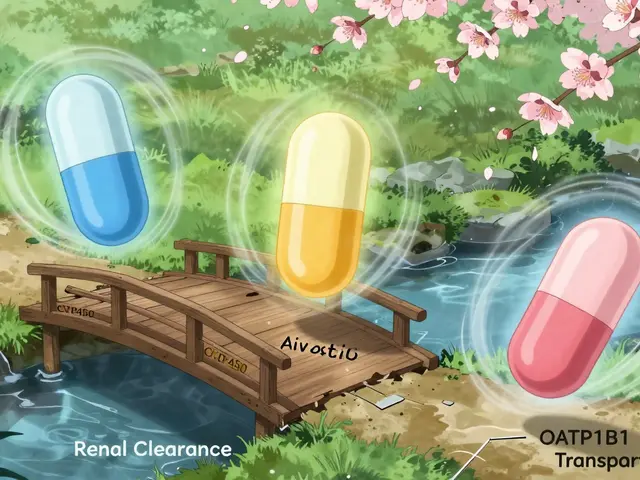Lack of Enzymes – What It Means for Your Health
Ever feel bloated after a meal or notice that you get tired quickly? Those could be signs your body isn’t making enough enzymes. Enzymes are tiny proteins that break down food, turn nutrients into energy, and keep cells working smooth. When they’re low, digestion slows, blood sugar spikes, and even mood can wobble.
Common Causes of Low Enzyme Levels
Age is a big factor – our pancreas and gut naturally produce fewer enzymes as we get older. Certain illnesses like chronic pancreatitis, cystic fibrosis, or celiac disease also knock down enzyme output. Medications such as proton‑pump inhibitors (the stuff for heartburn) can reduce stomach acid, which in turn limits enzyme activity. Even a diet that’s constantly low in fresh fruits, veggies, and lean proteins can leave your body short on the building blocks it needs to make enzymes.
Gut bacteria matter too. A healthy microbiome helps produce some digestive enzymes right where you need them. Antibiotic overuse or a high‑sugar diet can upset that balance, leaving you with fewer natural helpers in your intestines. Finally, genetics play a role – some people inherit enzyme deficiencies like lactase intolerance, meaning they simply can’t break down lactose well.
Practical Ways to Support Your Enzymes
The fastest fix is to add a quality digestive enzyme supplement with meals. Look for blends that include proteases (protein breakers), lipases (fat breakers), and amylases (carb breakers). Start with the lowest dose and watch how you feel – most people notice less gas and smoother digestion within days.
Food choices can do a lot of work on their own. Pineapple and papaya are packed with bromelain and papain, natural enzymes that help chew up proteins. Fermented foods like kimchi, sauerkraut, and kefir feed good bacteria, indirectly boosting enzyme production. Adding raw honey or sprouted grains also gives your gut a gentle enzyme boost.
Don’t forget to chew thoroughly. The longer food stays in your mouth, the more saliva (which contains amylase) gets to act on carbs. Aim for 20–30 chews per bite – it feels odd at first but it really helps break down food before it hits your stomach.
If you suspect a medical issue, talk to a doctor about enzyme replacement therapy. For pancreatic insufficiency, prescription pancrelipase can supply the missing enzymes in precise doses. It’s especially useful for people with cystic fibrosis or after gallbladder removal.
Finally, keep an eye on lifestyle factors. Stay hydrated, limit alcohol, and manage stress – all of these affect how well your body produces and uses enzymes. A simple daily habit like a short walk after meals can improve gut motility, letting enzymes work more efficiently.
Bottom line: low enzyme levels are common but easy to address with the right foods, supplements, and habits. Listen to your body, test a few tweaks, and you’ll likely feel lighter, more energetic, and less uncomfortable after eating.
The Role of Enzyme Therapy in Addressing a Lack of Enzymes and Related Health Issues
Enzyme therapy has become increasingly important in treating health issues related to a lack of enzymes in our bodies. As a blogger, I've discovered that this therapy helps replenish essential enzymes, improving digestion and overall health. By breaking down food particles, enzyme therapy can alleviate symptoms like bloating, gas, and indigestion. It's fascinating to learn how this therapy can also boost our immune system and reduce inflammation. In conclusion, enzyme therapy plays a crucial role in addressing enzyme deficiencies and related health issues, ultimately improving our quality of life.






